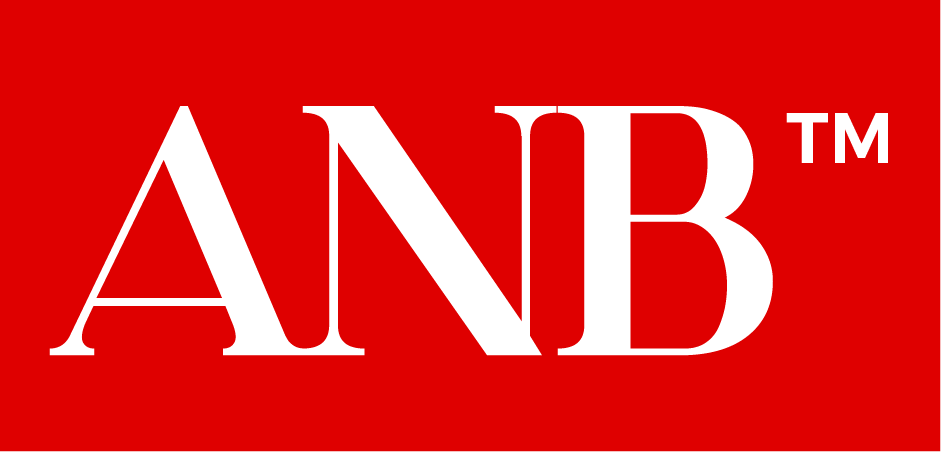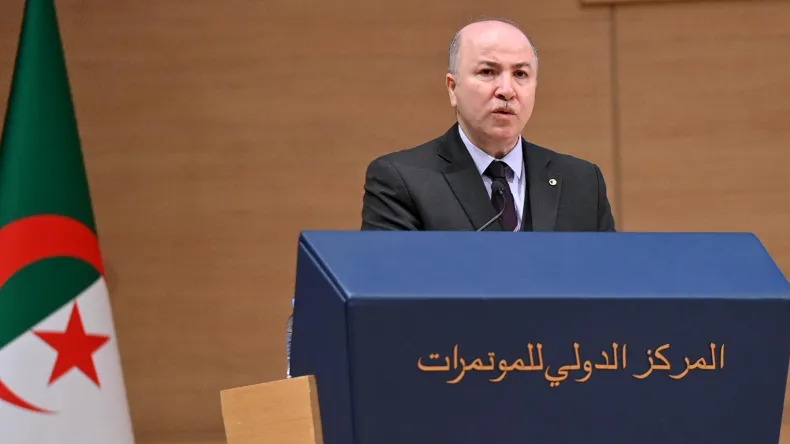Prime Minister Ayman Ben Abdel Rahman revealed positive indicators for the Algerian economy during the recent period, despite the global crises.
This is clearly evident, according to Bin Abdul Rahman, through the improvement of the gross internal product and its average per capita share, after controlling the accurate statistics for the current year, as well as the recovery of the trade balance, reassuring the continuation of measures to support purchasing power, diversify the economy, and expand investment in the future.
The Prime Minister said on Sunday, during the inauguration of the 47th session of the Council of Governors of Central Banks and Arab Monetary Institutions, at the International Conference Center in Algiers, in the presence of all Arab countries, that this meeting constitutes an opportunity to support the important role played by central banks and Arab monetary institutions to achieve greater cooperation and exchange. Experience in the field of work of central banks in Arab countries.
Bin Abdul Rahman also considered the meeting an opportunity to coordinate and unify the efforts of Arab countries in facing the current challenges, especially with regard to financial and monetary policies, as well as financial inclusion and enhancing digitization in the field of financial services.
The Prime Minister stressed that Algeria, despite the various crises that the world has gone through, is witnessing remarkable developments in terms of macroeconomic and financial indicators, as the raw internal product, after re-evaluating it through reviewing the base year, reached $233 billion in 2022, and the average per capita share of the raw internal product reached 5187. Dollar for the year 2022.
In addition, Algeria always seeks to preserve the purchasing power of the citizen by supporting widely consumed materials and adopting an effective economic policy to confront inflation, especially imported inflation.
On the other hand, the Algerian trade balance in 2022 achieved a surplus of $26 billion, and it is expected that the trade balance in 2023 will continue to achieve a surplus despite the decline in fuel prices compared to 2022.
The head of the executive branch confirmed that Algeria is moving forward with the strategy of diversifying its economy and sources of revenues and expanding its more productive investments. From this standpoint, the government recently enacted new laws, such as the monetary and banking law and the investment law, which establishes the regulatory foundations as well as the governance necessary to build a renewed economy aimed at sustainable development.
The speaker considered it necessary, in this constantly changing world characterized by unprecedented economic challenges, to work to enhance financial stability, promote economic growth, and improve the quality of life of the Arab citizen, as goals that central banks and Arab monetary institutions can play a fundamental, even pivotal, role in achieving.
In this perspective, the countries of the region, according to Bin Abdul Rahman, must realize the importance of innovation and digital transformation in the financial sector, and keep pace with modern financial technologies that will inevitably bring about a qualitative leap in economic transactions, as well as in the sources of economic growth, and then, Algeria, through its new monetary and banking law, is continuing to support the digitalization of its economy while ensuring the security and reliability of its financial systems.
The first minister took this opportunity to appreciate the Arab Monetary Fund’s achievement of the “Bunna” platform in 2018, in accordance with international standards, principles and requirements in the global banking market, as a joint Arab action that would contribute to improving the payment infrastructure in the Arab world with the aim of facilitating and securing trade and investment exchanges. Through it, many Arab central and commercial banks were linked.
According to experts’ expectations, the world will witness a slowdown in its economic growth, from 3.4 percent in 2022 to less in 2023, and a continuation of inflation at a relatively high level that may be estimated at 6.8 percent in 2023.
980 billion dollars… Arab currency reserves
The rise in prices of raw materials has also witnessed a challenge to the economies of the Middle East and North Africa, especially in light of food price inflation of more than 10 percent, which severely affects developing economies in the region, and despite the fact that the economies of the Middle East and North Africa, which possess external reserves, Officially, it exceeded 980 billion dollars, and external financing for the financial needs of some Arab countries increased in light of the rise in global interest rates. This has further exacerbated the size of government debt in many Arab countries, as the external public debt of the Arab countries reached more than 360 billion dollars, and this constitutes There is an urgent concern for public policies and how to adapt them to limit the repercussions on the general economic situation as well as the financial stability of Arab countries at the present time.



